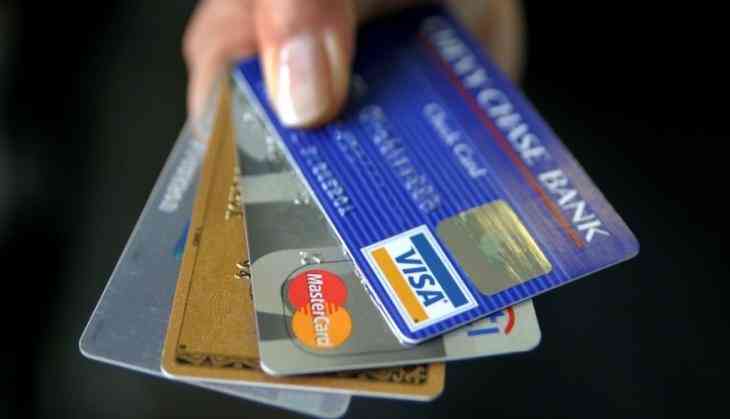
In an initiaive to promote Digital Transaction, the Central Government has taken a prominent decision in the interest of the people. The government has announced that no Merchant Discount Rate (MDR) charges will be levied on debit card transactions of up to Rs 2,000.
However, the government has promised to give this facility only for 2 years. It will come into effect from 1 January 2018. The union cabinet has stamped this decision on today (December 15). Information Technology Minister Ravi Shankar Prasad told that the government will pay the MDR to the banks and traders to promote digital transaction. The government will refund the amount on payment by debit card, payment through base, UPI (Bhim App).
Ravi Shankar said that a committee has been formed for this system to work properly. Referring to the sharp increase in Digital Transaction in the country, he said that from April to September 2017, digital transaction of only 2 lakh 18 thousand and 700 crore has been done with debit card only.
"For all the transactions less than Rs 2,000 in value, the consumer and the merchant will not suffer any additional burden in the form of MDR," the minister said.
According to this, by the end of this financial year it will be 4 lakh 37 thousand crore. He also said that the government is in talk with global players to create a trillion of digital economy in the country.
Merchant Discount Rate (MDR) applicable on all debit card/BHIM UPI/ AePS transactions up to and including a value of Rs. 2000 to be borne by Government for 2 years with effect from 1 January, 2018 by reimbursing same to the banks, decides Union Cabinet
— ANI (@ANI) December 15, 2017
What is MDR
Merchant Discount Rate (MDR) is the commission that the bank takes from shopkeeper on every transaction. In many places, the shopkeeper often charges the fees from customer. The amount earned by bank as MDR is given to payment service providers such as Visa, MasterCard or NPCI. Due to this charge, shopkeepers hesitate to pay by card. The Reserve Bank decides the MDR.
First published: 15 December 2017, 19:20 IST

